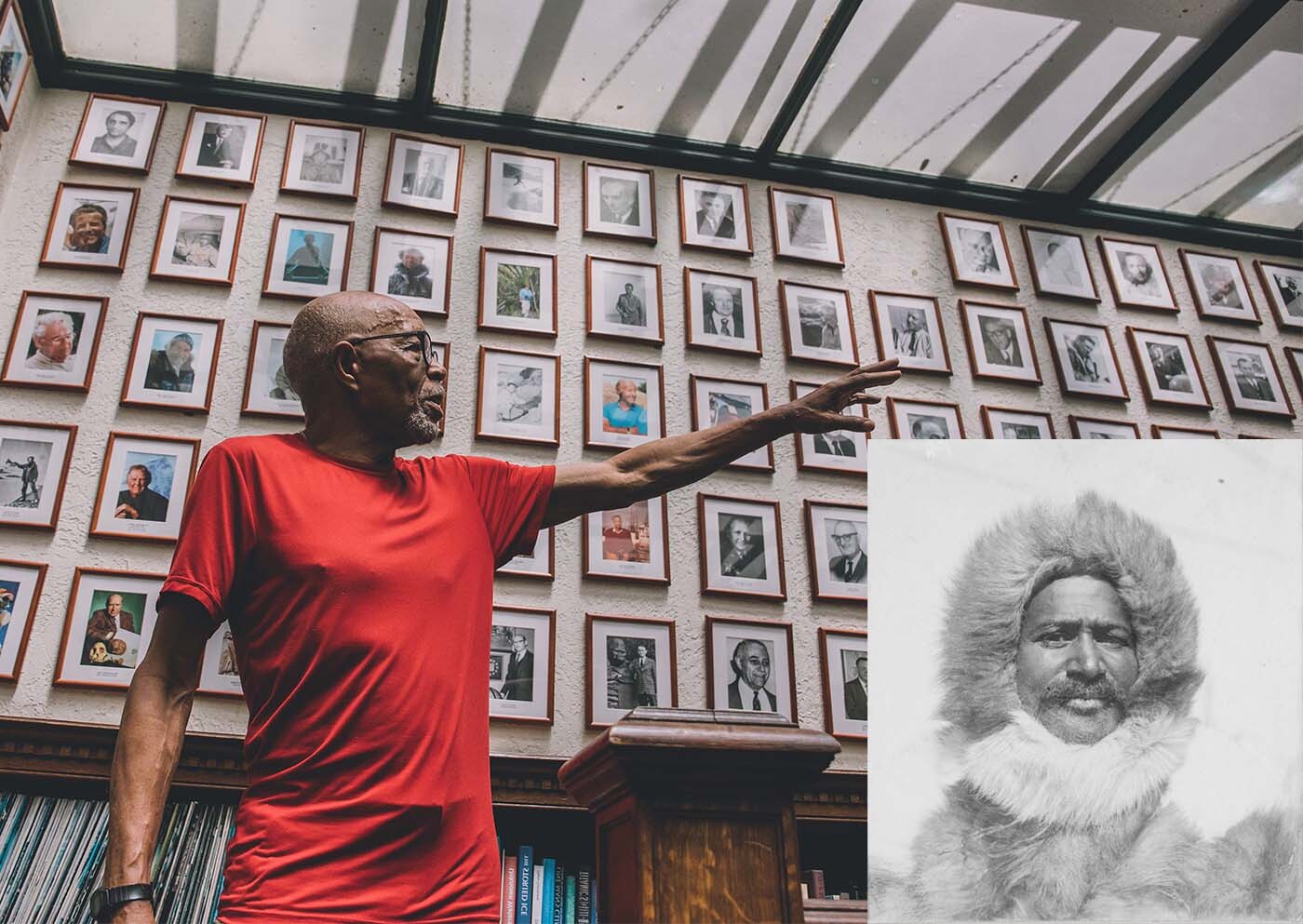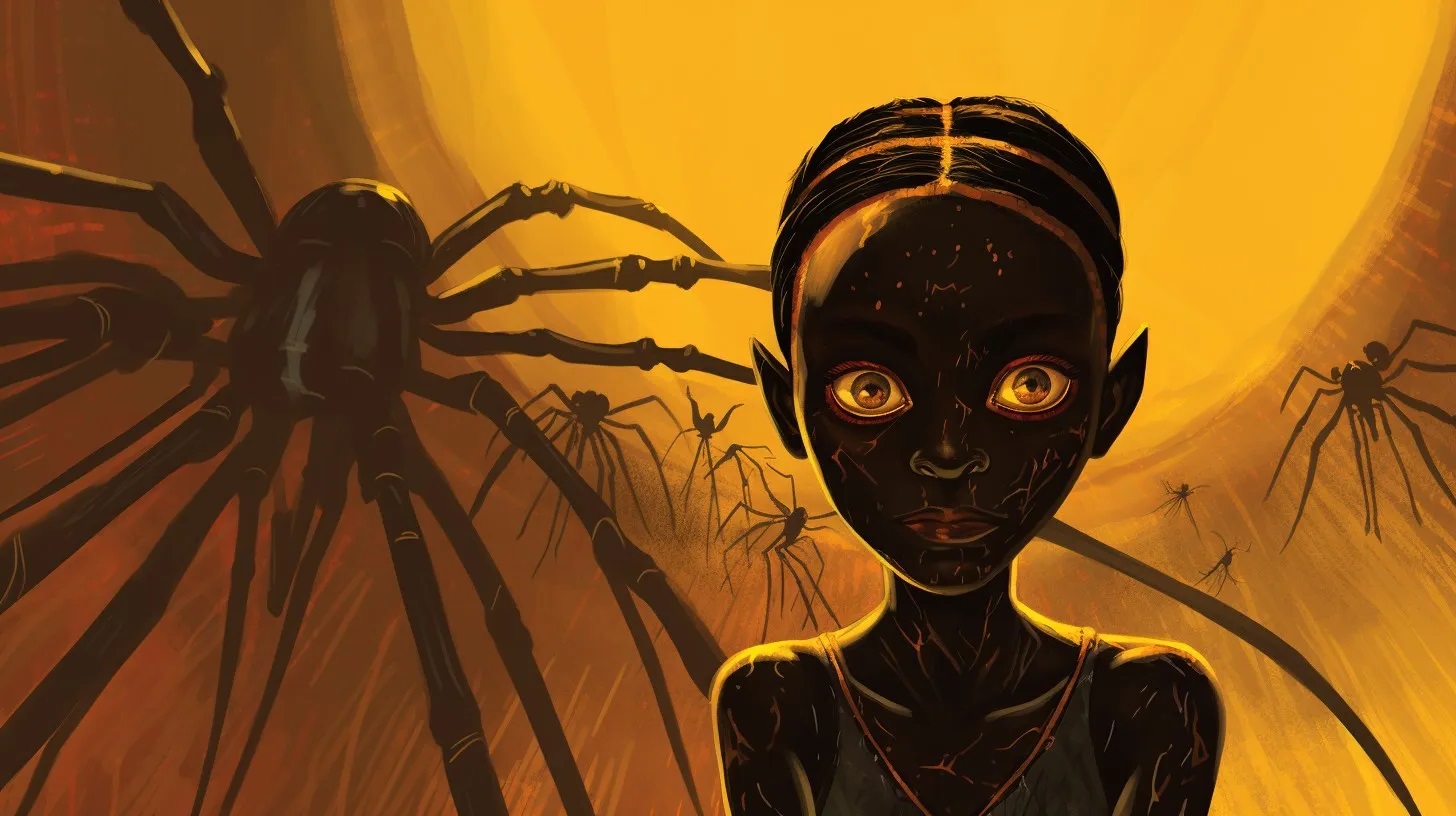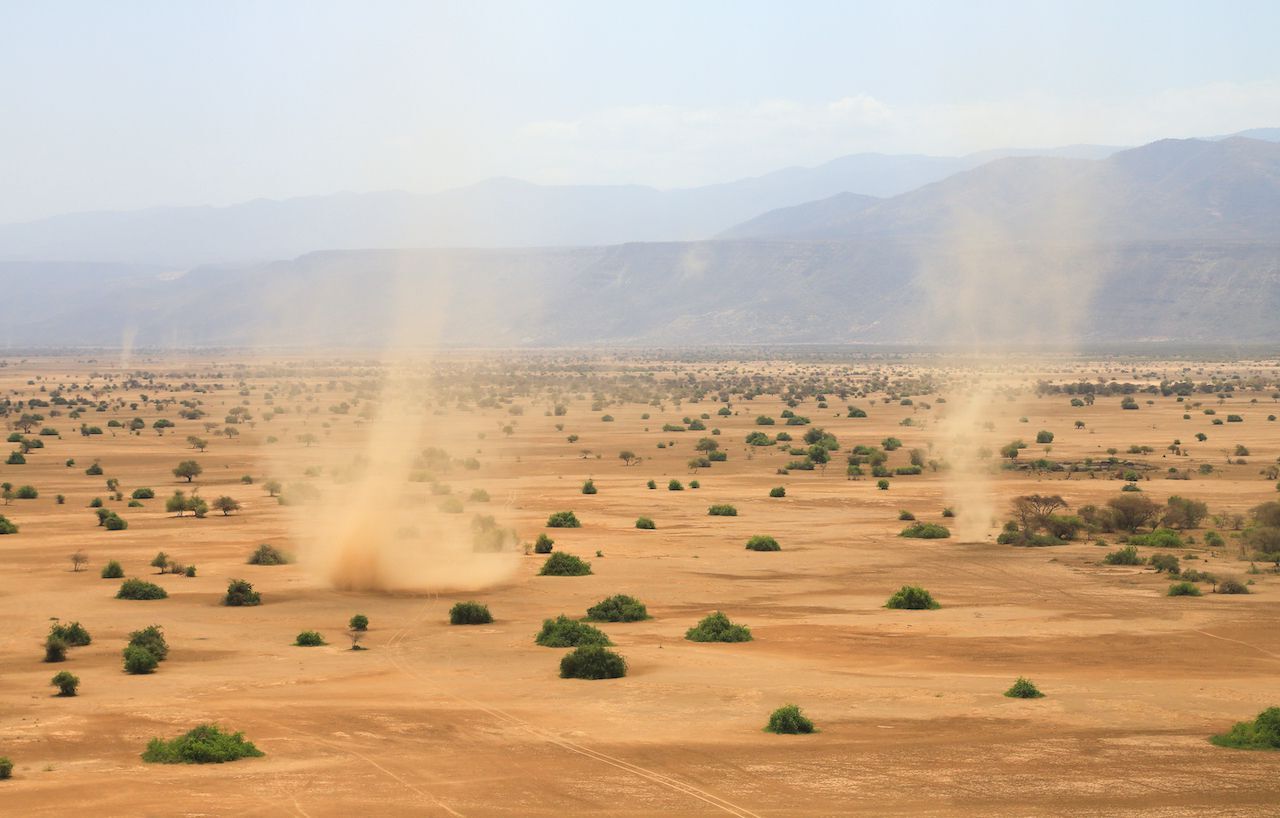
Who were the forgotten explorers who shaped our understanding of the world? While names like Columbus and Magellan often dominate history books, many brave souls ventured into the unknown, making significant contributions that remain overlooked. These explorers faced treacherous conditions, hostile environments, and often tragic ends, yet their discoveries provided invaluable insights into geography, cultures, and natural phenomena. From Alexander Gordon Laing's perilous journey to Timbuktu to Auguste Piccard's groundbreaking high-altitude balloon flights, these unsung heroes expanded the boundaries of human knowledge. Their stories, filled with adventure and resilience, remind us of the relentless human spirit that drives exploration and discovery.
Key Takeaways:
- Forgotten explorers like Alexander Gordon Laing and Fridtjof Nansen made significant contributions to our understanding of the world, despite being largely forgotten in history books.
- These brave adventurers, from polar pioneers to African explorers, risked their lives to map uncharted territories and push the boundaries of human endurance. Their stories deserve to be remembered.
Forgotten Explorers Who Changed History
History is filled with tales of explorers who ventured into the unknown, facing incredible odds to map uncharted territories. While names like Columbus and Magellan are well-known, many other explorers made significant contributions but remain largely forgotten. Here are 35 fascinating facts about these lesser-known adventurers.
Pioneers of the Unknown
These explorers ventured into uncharted territories, often risking their lives to expand our understanding of the world.
-
Alexander Gordon Laing: A British army officer, Laing attempted to reach Timbuktu in 1825. Despite betrayal by his guide and harsh desert conditions, he reached the city. Tragically, he was murdered in 1828, and his journal disappeared.
-
Auguste Piccard: Swiss scientist Piccard developed a pressurized balloon, reaching altitudes of 23,000 meters (75,000 feet). His work on cosmic rays advanced our understanding of the upper atmosphere.
-
Hanno the Navigator: In the 6th century B.C., Hanno led an expedition of 60 ships and 30,000 men along the West African coast. He established towns and trading posts, providing early insights into African geography and wildlife.
-
James Holman: Despite being blind, Holman traveled over 400,000 kilometers (250,000 miles). His book "A Voyage Round the World" details his experiences in Asia and Africa.
Polar Pioneers
Exploring the frigid extremes of our planet, these adventurers braved the cold to uncover the mysteries of the poles.
-
Sir James Clark Ross: Ross located the northern magnetic pole in 1831 and later charted much of Antarctica's coastline. He discovered the Ross Sea and named two volcanoes after his ships, HMS Erebus and HMS Terror.
-
Sir Ernest Shackleton: Known for his Antarctic expeditions, Shackleton's Imperial Trans-Antarctic Expedition of 1914-1917 is legendary. His leadership saved all 27 crew members after their ship, Endurance, became trapped in ice.
-
Robert Falcon Scott: Scott led two major Antarctic expeditions. He reached the South Pole in 1912, just a month after Roald Amundsen, but tragically died in a blizzard on the return journey.
-
Fridtjof Nansen: Nansen's unconventional idea of freezing a ship in pack ice to reach the North Pole led to the 1893 Fram expedition. Though he didn't reach the Pole, he set a record for the farthest travel north.
Arctic Adventurers
These explorers faced the harsh conditions of the Arctic, pushing the boundaries of human endurance.
-
Robert Peary: Peary claimed to be the first person to reach the North Pole in 1909, though Frederick Cook disputed this. Regardless, Peary's expeditions advanced Arctic exploration.
-
Sir John Franklin: Franklin's 1845 expedition to find the Northwest Passage ended in tragedy, with all 129 crew members lost. The fate of Franklin and his crew remains a mystery.
Early Settlers and Conquerors
These explorers not only discovered new lands but also established settlements and conquered empires.
-
Erik the Red: Banished from Iceland, Erik discovered and named Greenland. He convinced over 400 people to join him in settling there.
-
Percy Fawcett: Obsessed with finding a lost city in the Amazon, Fawcett disappeared in 1925 with his son and a fellow explorer, never to be seen again.
-
Henry Hudson: Hudson's final expedition to find the Northwest Passage ended in mutiny. He was set adrift in Hudson Bay, and his body was never recovered.
-
The Corte-Real Brothers: Gaspar and Miguel Corte-Real's expeditions to the New World in the 15th century ended in mystery, with no further records of their whereabouts.
Missionaries and Mapmakers
These explorers combined their missions with mapping uncharted territories, leaving a lasting impact on our understanding of the world.
-
David Livingstone: A Scottish missionary, Livingstone was the first European to see Victoria Falls. His work in Africa played a significant role in the abolition of the slave trade.
-
Alexander Mackenzie: The first European to cross North America from the Atlantic to the Pacific in 1793, Mackenzie's expeditions advanced our knowledge of the Canadian wilderness.
-
John Cabot: An Italian explorer working for the British Crown, Cabot is credited with discovering North America in 1497, opening new trade routes between Europe and the New World.
-
Juan Sebastián Elcano: After Magellan's death, Elcano completed the first circumnavigation of the globe in 1522, marking a new era in maritime exploration.
Explorers of the Americas
These adventurers explored and mapped the vast and diverse landscapes of the Americas.
-
Giovanni da Verrazzano: Working for the French Crown, Verrazzano explored the eastern coast of North America in 1524, providing valuable information about the region.
-
Pedro Álvares Cabral: Commissioned by Portugal, Cabral discovered Brazil in 1500, leading to the establishment of Portuguese colonies in South America.
-
Hernán Cortés: Cortés led the expedition that conquered the Aztec Empire in 1521, marking the beginning of Spanish colonization in Mexico.
-
Francisco Pizarro: Pizarro's expedition conquered the Inca Empire in 1533, significantly impacting the history of South America.
-
James Cook: Cook's three major Pacific expeditions mapped the coastlines of Australia and New Zealand, advancing our knowledge of the region.
-
George Vancouver: Vancouver's late 18th-century expedition mapped the coastlines of British Columbia and Washington State, providing valuable geographical information.
Tragic Expeditions
These explorers faced tragic ends, but their journeys provided valuable insights and inspired future explorations.
-
Robert Falcon Scott's Terra Nova Expedition: Although ending in tragedy, Scott's 1910-1913 Antarctic expedition provided significant scientific data and mapped much of the continent's coastline.
-
The Franklin Expedition's Search for the Northwest Passage: Franklin's 1845 expedition ended in tragedy, but it provided valuable information about the Arctic region's geography and climate.
African Explorers
These explorers ventured into the heart of Africa, mapping uncharted territories and establishing trade routes.
-
Henry Morton Stanley: Best known for finding David Livingstone in 1871, Stanley also mapped the Congo River and established trade routes in central Africa.
-
Richard Burton: Burton's journeys to Mecca and Timbuktu provided valuable information about the Middle East and North Africa's geography and cultures.
North American Explorers
These adventurers mapped the vast landscapes of North America, establishing trade routes and settlements.
-
Samuel de Champlain: Champlain mapped much of North America, including the Great Lakes and the Mississippi River, and established trade routes and settlements in Canada.
-
Juan Ponce de León: Ponce de León discovered Florida in 1513, exploring the southeastern United States and establishing trade routes with Native American tribes.
-
Giovanni da Verrazzano's Exploration of North America: Verrazzano's 1524 expedition mapped the eastern coast of North America and established trade routes with Native American tribes.
South American Explorers
These explorers ventured into South America, mapping its diverse landscapes and establishing trade routes.
- Pedro Teixeira's Journey to Quito: Teixeira's 1638 expedition provided valuable information about South America's geography and cultures, establishing trade routes and settlements.
Crossing Continents
These explorers crossed entire continents, providing valuable scientific data and mapping uncharted territories.
-
Alexander Mackenzie's Crossing of North America: Mackenzie's 1793 expedition crossed North America from the Atlantic to the Pacific, advancing our knowledge of the Canadian wilderness.
-
John Wesley Powell's Exploration of the American West: Powell's 1869 expedition down the Colorado River mapped the Grand Canyon and provided valuable information about the American West.
Polar Legends
These explorers made significant contributions to our understanding of the polar regions, pushing the boundaries of human endurance.
- Roald Amundsen's Polar Expeditions: Amundsen led several polar expeditions, including the first to reach both the South Pole and the North Pole, providing significant scientific data and advancing our knowledge of polar regions.
The Legacy of Unsung Explorers
These 35 forgotten explorers made huge contributions to our understanding of the world. Their bravery, determination, and curiosity pushed the boundaries of human knowledge. From Alexander Gordon Laing's perilous journey to Timbuktu to Roald Amundsen's polar expeditions, these adventurers faced incredible odds. They mapped unknown territories, established trade routes, and documented diverse cultures. Their stories, often overshadowed by more famous names, remind us that history is full of unsung heroes. Their achievements continue to inspire new generations of explorers and researchers. So, next time you think of exploration, remember these pioneers who ventured into the unknown, leaving a lasting impact on our world. Their legacies are a testament to the human spirit's unyielding quest for discovery.
Frequently Asked Questions
Was this page helpful?
Our commitment to delivering trustworthy and engaging content is at the heart of what we do. Each fact on our site is contributed by real users like you, bringing a wealth of diverse insights and information. To ensure the highest standards of accuracy and reliability, our dedicated editors meticulously review each submission. This process guarantees that the facts we share are not only fascinating but also credible. Trust in our commitment to quality and authenticity as you explore and learn with us.


